On 7-8 October 2021, the UP Institute of Human Rights (IHR), together with the Foundation for Integrative and Development Studies, International Labour Organization (ILO), and European Union in the Philippines conducted two capacity building workshops on freedom of association (FoA) and mechanisms that address FoA issues for the Department of Labor and Employment, Philippine Economic Zone Authority, employers, and employees, under the ILO’s Safe and Decent Work in Ecozones project. Among the participants were government represented by the Department of Labor and Employment and the National Labor Relations Commission, the PEZA-Mactan Economic Zone Authority, employers including the Employers Confederation of the Philippines and Confederation of Wearable Exporters, and labor unions, among them, Federation of Free Workers, Partido Manggagawa and Sentro.
Opening day 1 of the workshop, Mr. Khalid Hassan, Director of the ILO Country Office of the Philippines spoke about the workshop design that stressed the importance of listening attentively to the grievances and concerns of the stakeholders Thus, the first workshop day centered on the basic principles and guidelines for Freedom of Association and Freedom of Expression while day 2 focused on the tripartite bodies and the stakeholders. Providing an overview of the workshop’s objectives, UP IHR Director Prof. Elizabeth H. Aguiling- Pangalangan, articulated the workshop’s aim to equip participants with knowledge of labor standards and to train them on corporate social responsibility for workers’ rights and on judicial remedies for violations of FoA.
UP Law Professor Patricia Rosalind P. Salvador-Daway, one of the country’s foremost labor law experts, led the first part of the workshop by discussing the domestic and international law bases for the right to freedom of association. Given the inequality between labor and capital as employers have resources whereas workers can only offer their labor, she emphasized the need to balance this inequality. Professor Daway suggested the use of regulatory mechanisms to level the playing field, as both players have crucial roles that deserve the protection of the law.
UP Law Assistant Professor Michael Tiu Jr., who also serves as UP IHR’s Consultant on Business and Human Rights, then spoke on the responsibility of enterprises to respect and protect human rights, starting with a policy commitment. In doing so, he discussed the relationship of human rights abuses on businesses, highlighting corporate responsibility to respect human rights.
Labor law expert Atty. Arnold De Vera, then gave a presentation on the responsibilities of state actors, particularly those from the security sector, to respect labor. He distinguished the 2011 Joint Guidelines during Labor Disputes from the 2012 Guidelines relative to exercise of workers’ rights. He explained that the 2011 Guidelines focus on the right to peaceful picketing, strikes, and concerted activities, while the 2012 Guidelines concentrate on addressing violence and threats against workers and trade unionists. Atty. De Vera stressed the delineation of the roles of the different arms of government vis-a -vis the labor sector.
Atty. De Vera then looked to Supreme Court decisions characterizing civil liberties as having a preferred position especially as against property rights. He restated jurisprudence that held that FoA is not limited to forming unions but also other groups like workers’ associations, and advocated for the right of workers to participate in decision-making processes on matters that involve their rights. In preparation for the workshop proper, a short lecture on affidavit drafting was given by Atty. De Vera, after which a video case presentation made by UP IHR was shown to the participants. They broke out into several groups to work on their exercises with each group facilitated by IHR lawyers and staff. To end Day 1, Atty. De Vera gave comments on each group’s output in a plenary session, observing that most of the participants were able to distinguish between hearsay evidence and what the affiant could state in the sworn statement.
The second workshop, held on 8 October 2021, opened with Director Aguiling-Pangalangan discussing the results of the test poll earlier taken by participants, which gauged their knowledge of Day 1 lectures.
Afterwards, UP Law Professor Evelyn (Leo) Battad, human rights advocate and labor law expert, elaborated on the topic of search and seizure, arrest, detention, and remedies. She reviewed the Constitutional rights of a person during search and seizure, arrest, and detention. She then discussed the proper procedure during these instances and taught the participants what to look out for in cases where there are irregularities in its conduct. She also gave additional legal and practical tips on what to do during these occurrences, what precautions to take, and how to rationally protect one’s rights under these scenarios. Prof. Battad also discussed various remedies in case of violations of rights or deviations from the standard procedure, and the special writs available. After the presentation, an open forum was held to allow the participants to clarify any lingering questions. This was followed by a workshop activity facilitated by the UP IHR lawyers. The discussion groups then presented their outputs in a plenary, which Prof. Battad assessed.
Another set of capacity building workshops are scheduled for 21-22 October 2021 for the security sector.

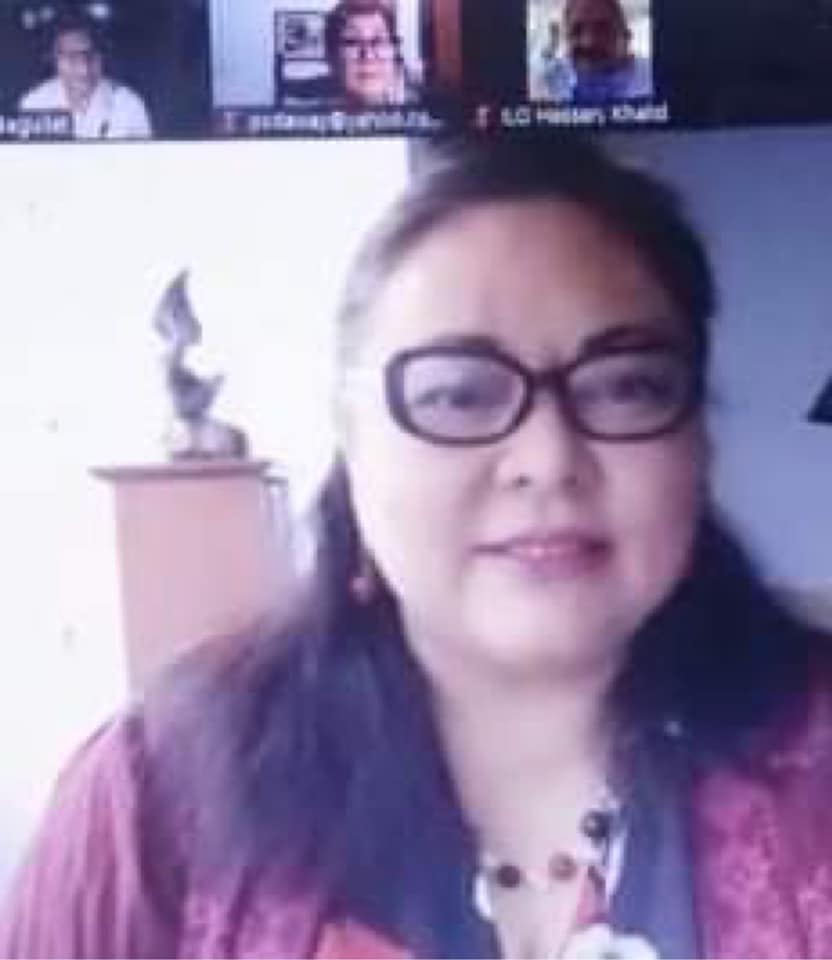
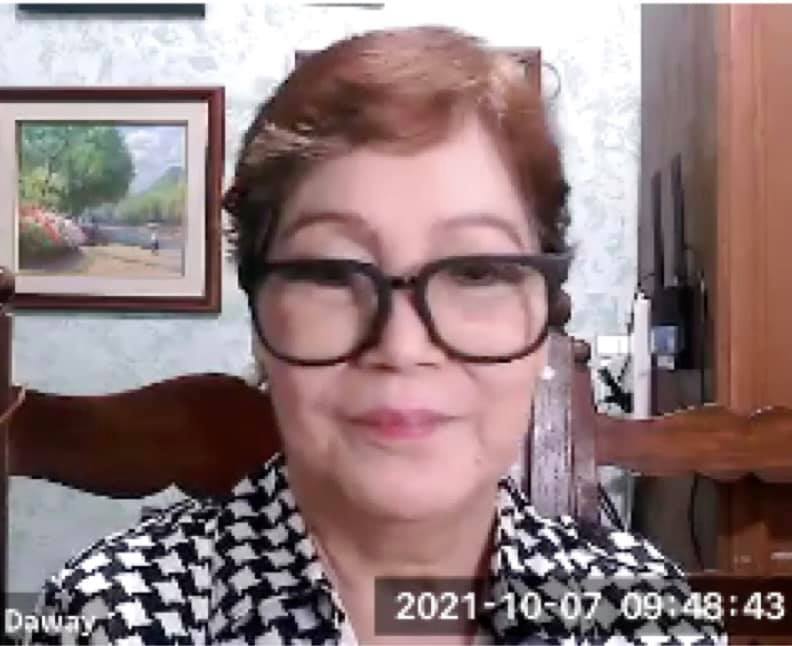
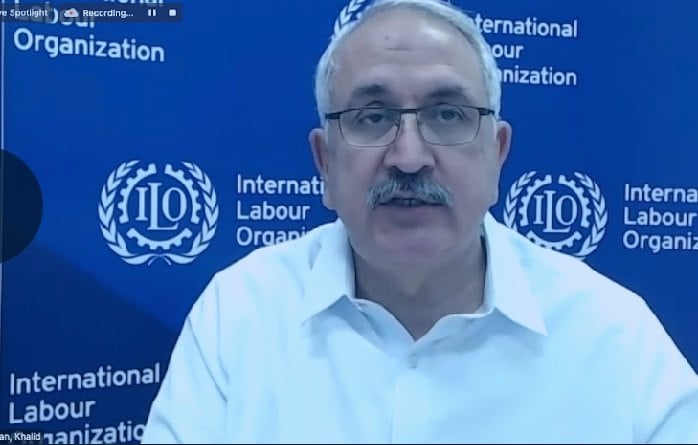
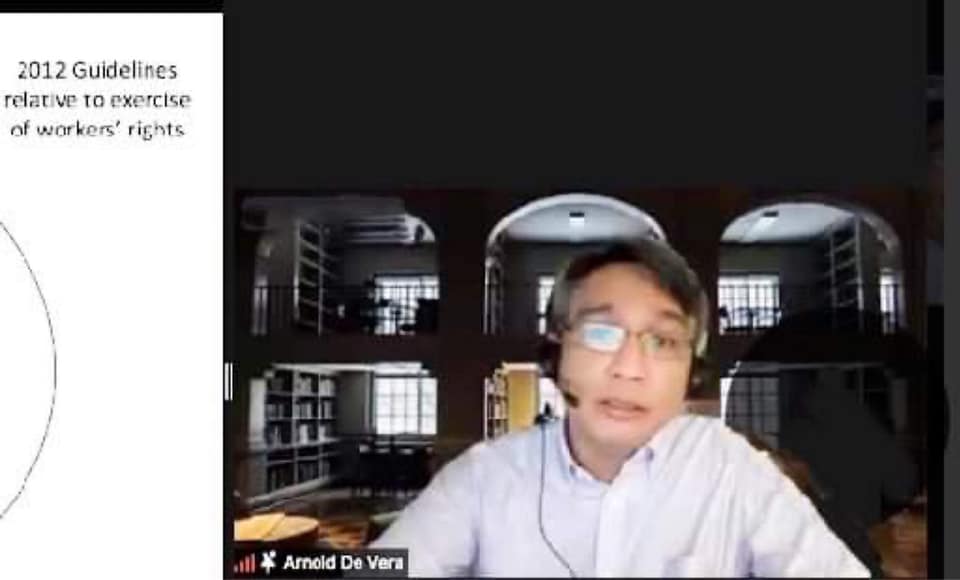
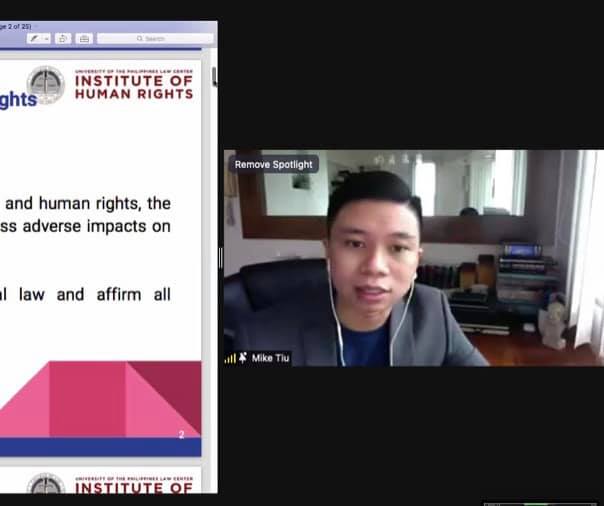
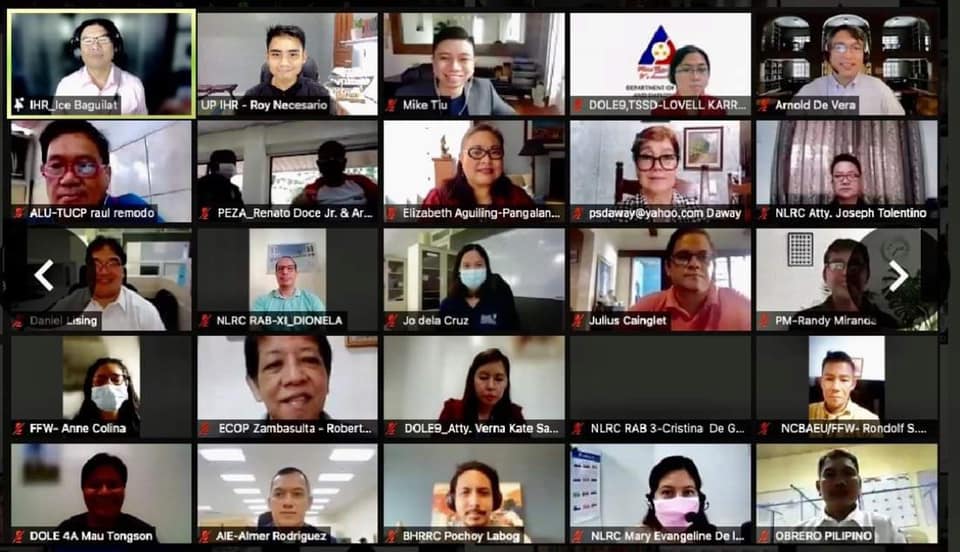
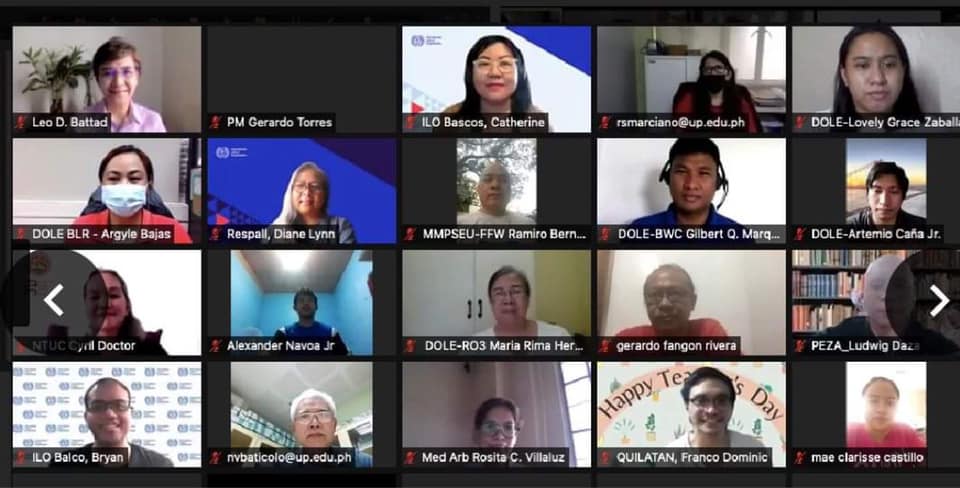
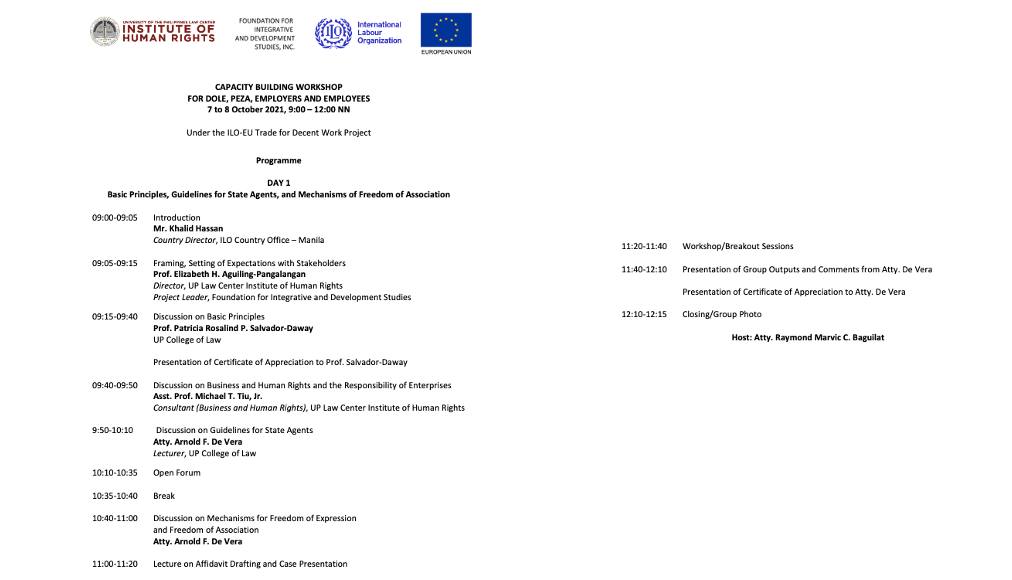
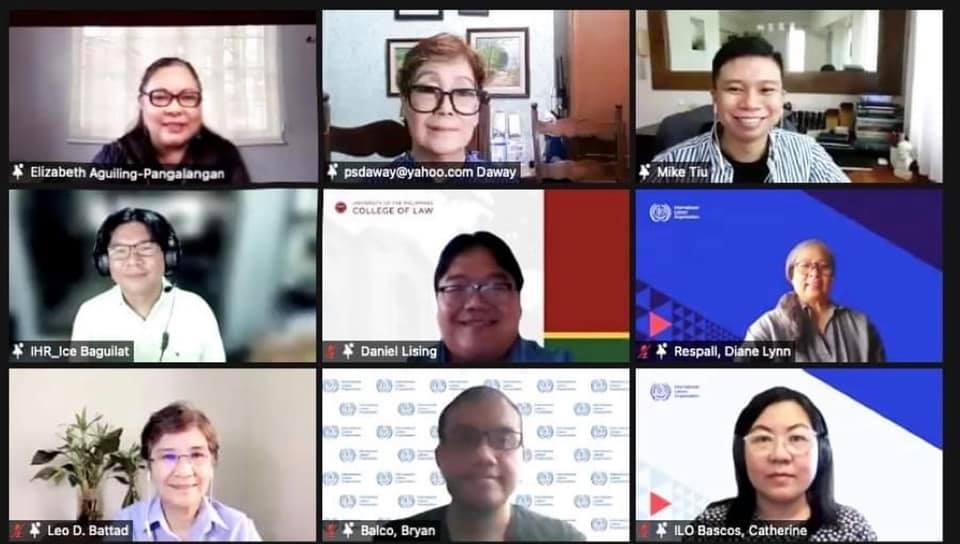
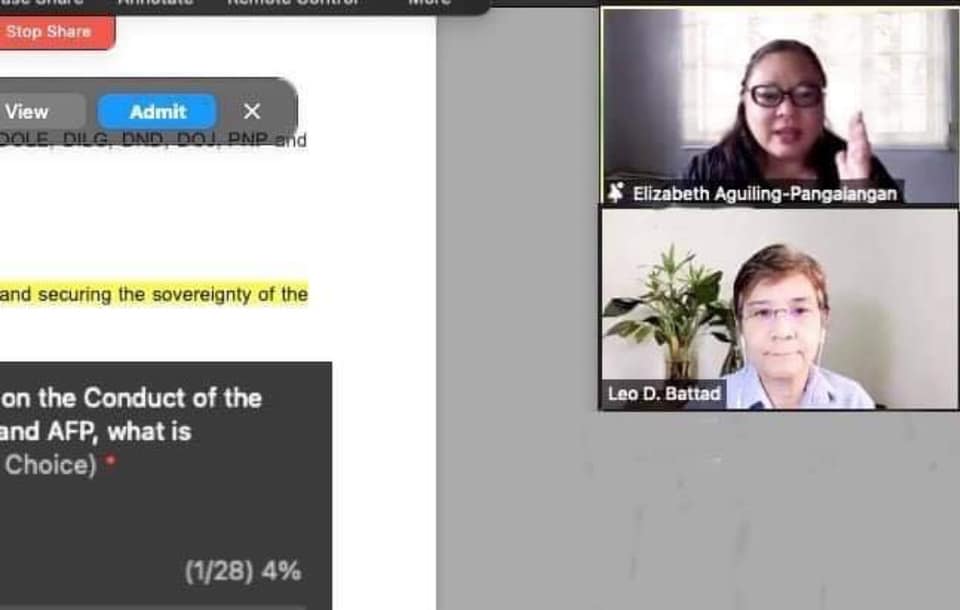
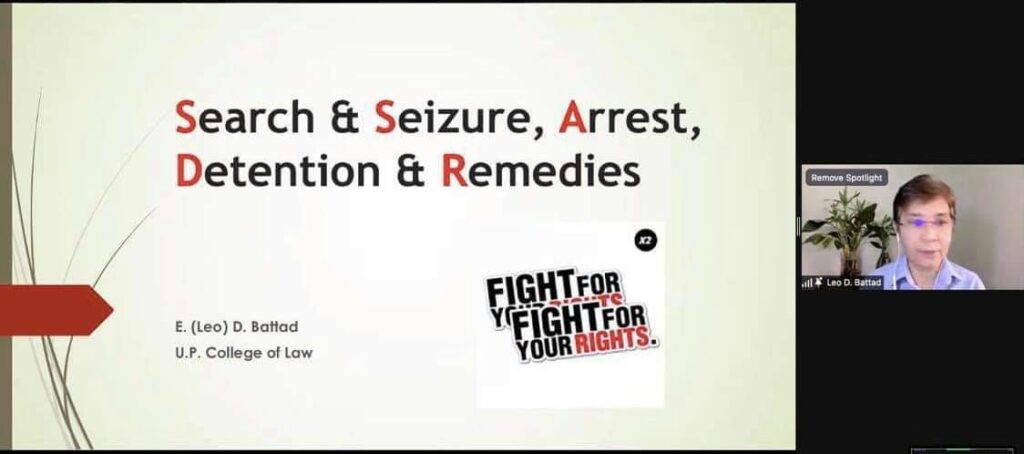
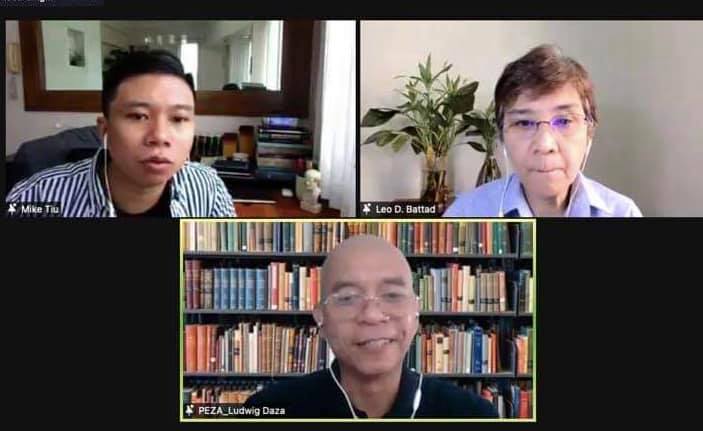
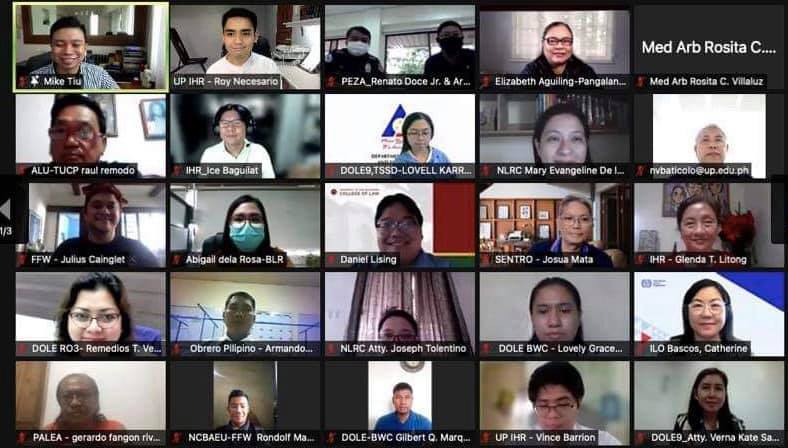






































































































 on the upper right corner to select a video.
on the upper right corner to select a video.